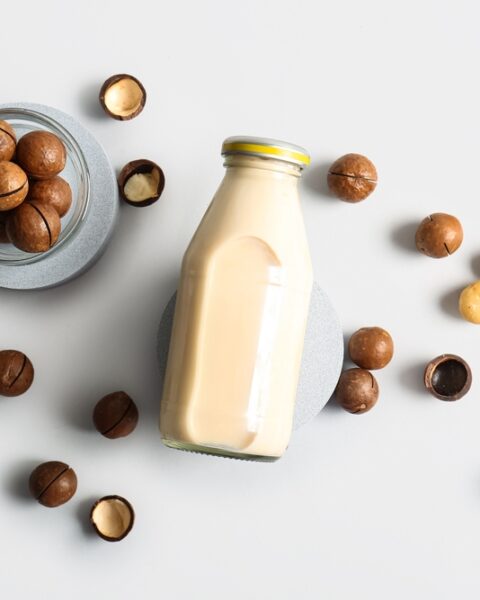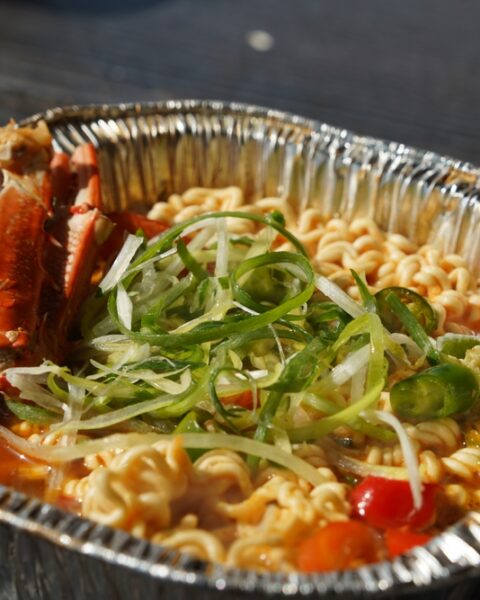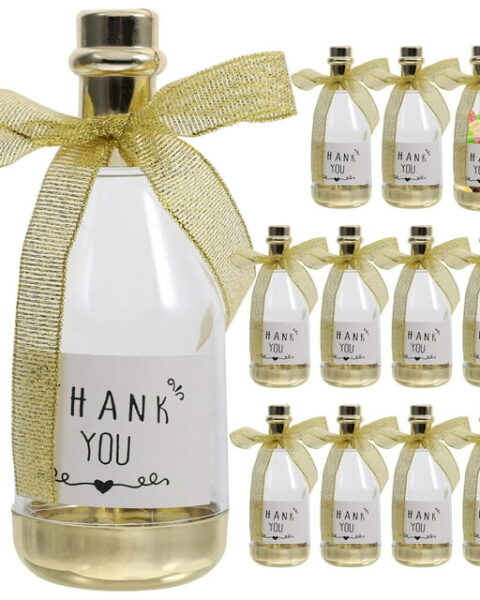As pet owners, we all want to spoil our furry friends with treats and tidbits from our own plates. However, not all human foods are safe for pets. In fact, some can be downright dangerous and potentially life-threatening. To keep your beloved companions healthy and happy, it’s crucial to know which foods should be off-limits. Keep in mind these foods you should never let your pets eat to ensure their health and safety.
Contents
- 1 Chocolate
- 2 Grapes and Raisins
- 3 Onions and Garlic
- 4 Alcohol
- 5 Xylitol
- 6 Avocado
- 7 Coffee and Caffeine
- 8 Macadamia Nuts
- 9 Cooked Bones
- 10 Yeast Dough
- 11 Raw Meat and Fish
- 12 Salt and Salty Snacks
- 13 Milk and Dairy Products
- 14 Tomatoes and Tomato Plants
- 15 Apple Seeds
- 16 Mushrooms
- 17 Rhubarb and Rhubarb Leaves
- 18 Cherries
- 19 More From RetailShout
- 20 12 Exclusive Dollar Tree Essentials Worth Grabbing
- 21 15 Forgotten Superfoods from Around the World to Add to Your Meals
Chocolate

Chocolate contains theobromine and caffeine, both of which are toxic to dogs and cats. Theobromine is metabolized much more slowly by pets than by humans, leading to toxic build-up. Even a small amount can cause vomiting, diarrhea, rapid breathing, and seizures. Dark chocolate and baking chocolate are particularly dangerous due to their higher concentrations of theobromine. Always store chocolate products, including cocoa powder and candy, out of reach of pets.
Grapes and Raisins
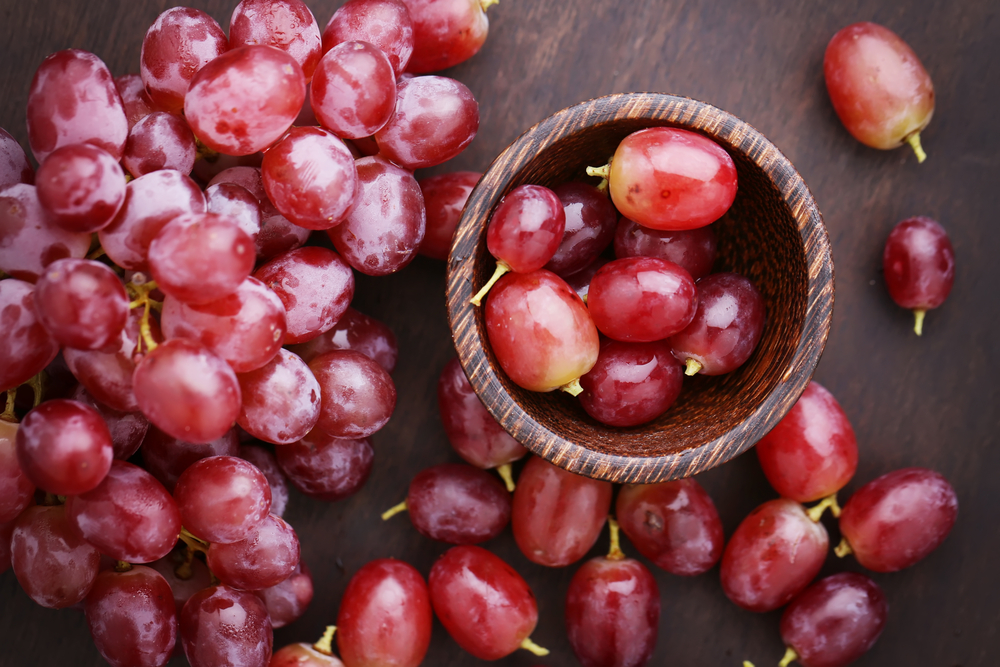
Grapes and raisins can cause severe kidney damage in dogs. The exact toxic substance within grapes and raisins is unknown, but even small amounts can be harmful. Symptoms of toxicity include vomiting, diarrhea, lethargy, and in severe cases, kidney failure. There is no safe quantity of grapes or raisins for dogs, so it’s best to avoid them entirely.
Onions and Garlic
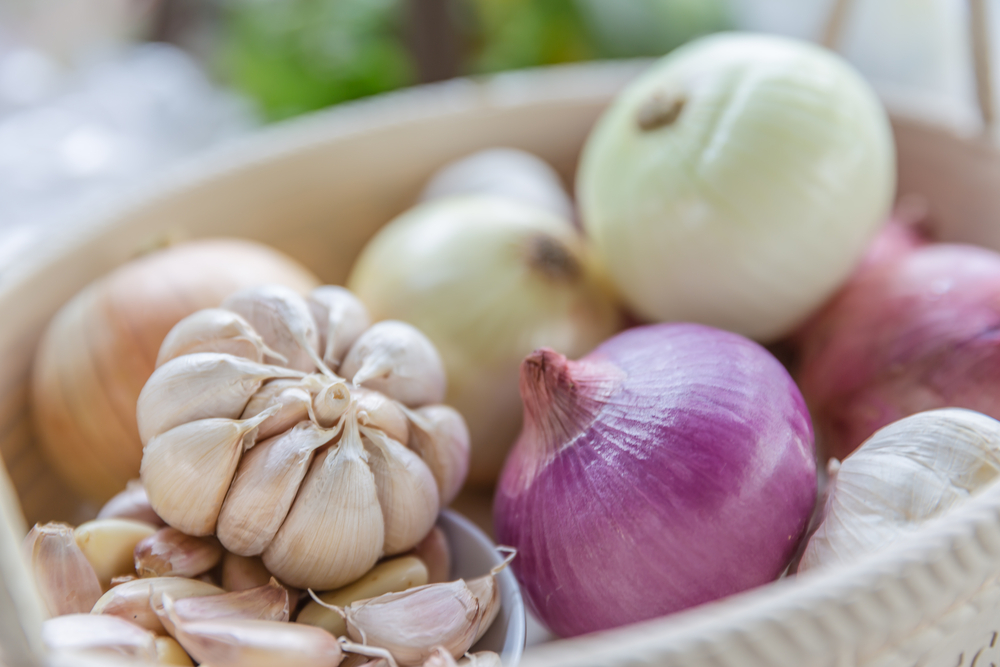
Onions and garlic contain compounds called thiosulfates, which can damage your pet’s red blood cells, leading to hemolytic anemia. Symptoms include weakness, vomiting, and difficulty breathing. All forms—raw, cooked, powdered—are dangerous. Cats are particularly sensitive, but dogs are also at risk if they consume these foods in significant amounts over time.
Alcohol
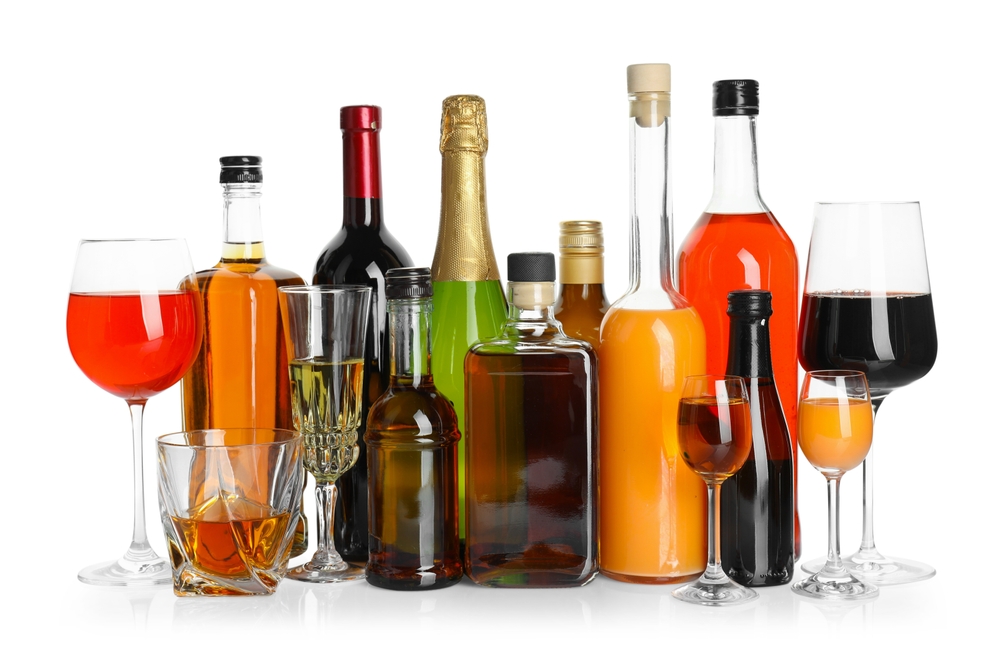
Alcohol affects pets more severely than humans. Even small amounts can cause vomiting, diarrhea, central nervous system depression, difficulty breathing, and in severe cases, coma or death. Be mindful of alcoholic beverages and foods containing alcohol, such as rum-soaked cakes or beer-battered fish. Always ensure that alcoholic drinks and products are kept out of reach of pets.
Xylitol
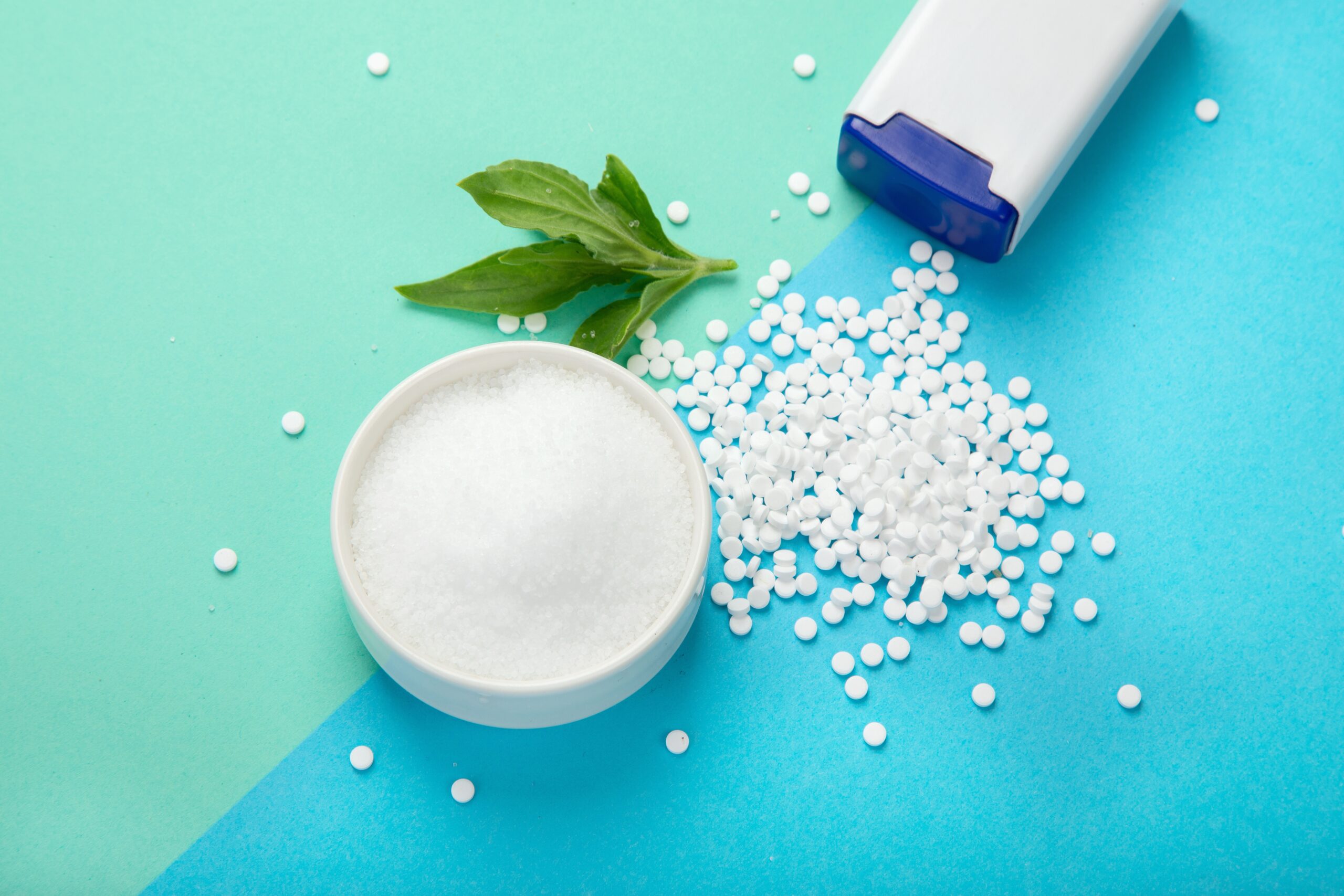
Xylitol is a sugar substitute found in many sugar-free products, such as gum, candy, baked goods, and toothpaste. It causes a rapid release of insulin in dogs, leading to hypoglycemia (low blood sugar). Symptoms include vomiting, loss of coordination, seizures, and in severe cases, liver failure. Always check the ingredients of products before offering them to your pets, and avoid giving them anything that contains xylitol.
Avocado
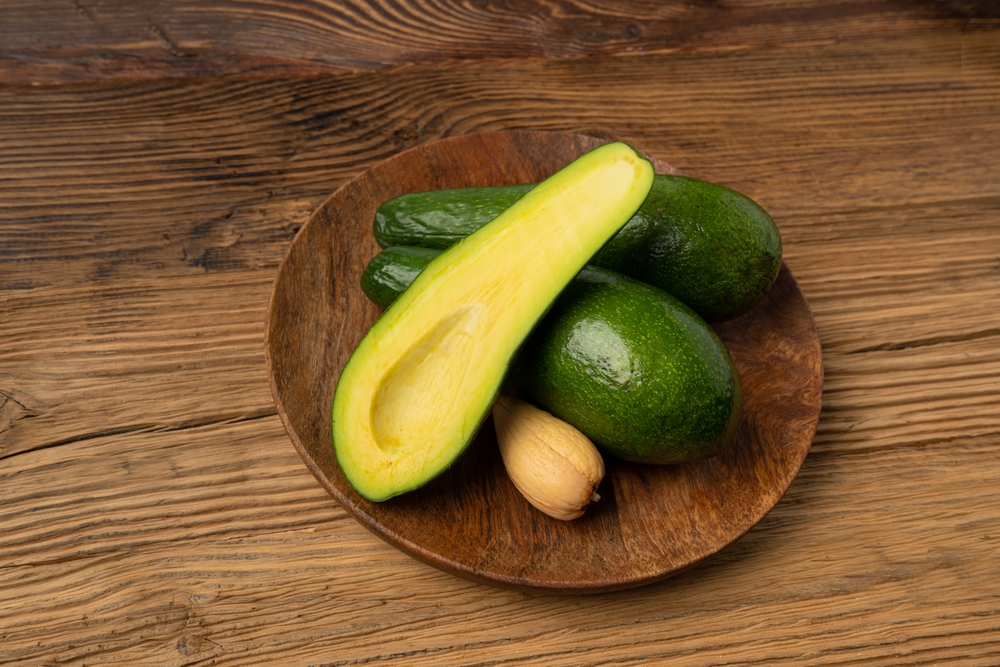
Avocados contain persin, a fungicidal toxin, which can cause vomiting and diarrhea in dogs. Birds and rodents are particularly sensitive to persin, and ingestion can be fatal for these pets. While the flesh of the avocado is less toxic than the pit, skin, and leaves, it’s best to keep avocados away from all pets to prevent accidental ingestion.
Coffee and Caffeine
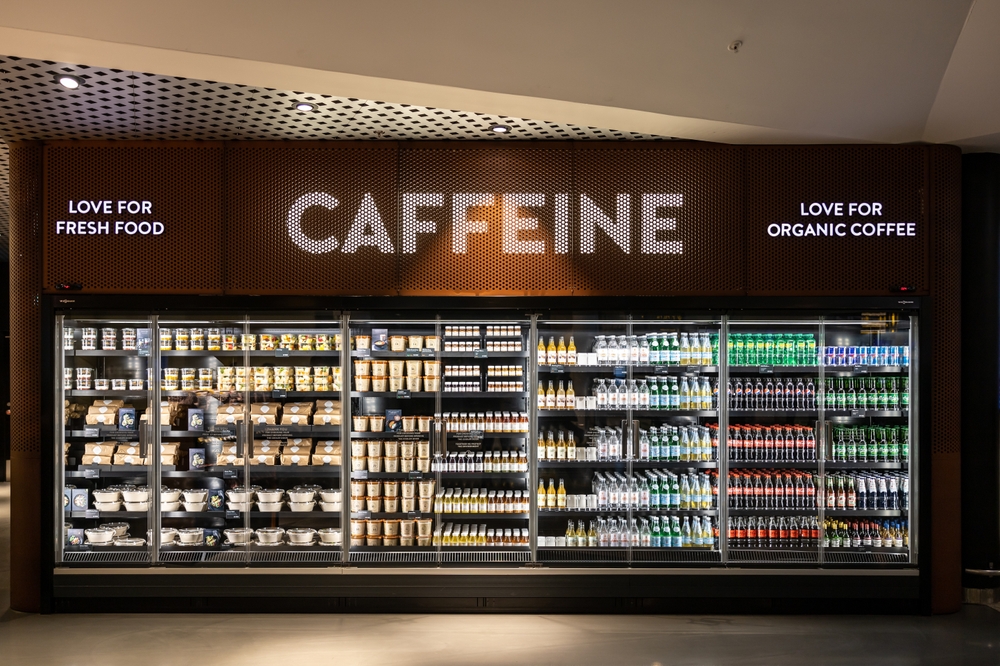
Coffee, tea, and other caffeinated beverages contain methylxanthines, which are toxic to pets. Symptoms of caffeine poisoning include restlessness, rapid breathing, heart palpitations, muscle tremors, and seizures. Even small amounts of caffeine can be harmful, so it’s best to avoid sharing these beverages and foods like chocolate that contain caffeine with your pets.
Macadamia Nuts
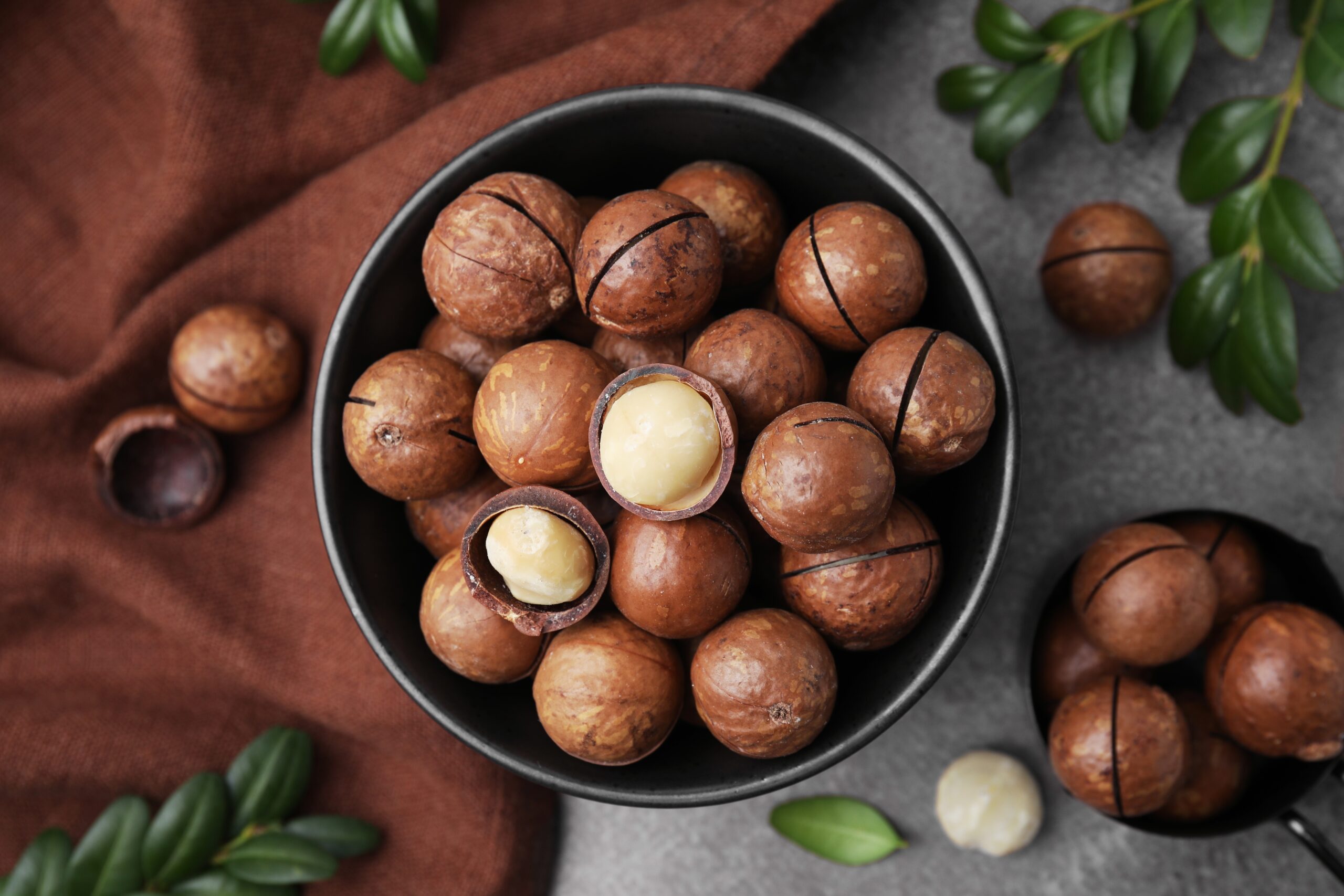
Macadamia nuts can cause weakness, depression, vomiting, tremors, and hyperthermia in dogs. The exact toxin is unknown, but even a small amount can lead to severe symptoms. These nuts are often found in baked goods and trail mixes, so be cautious about where you store such items.
Cooked Bones
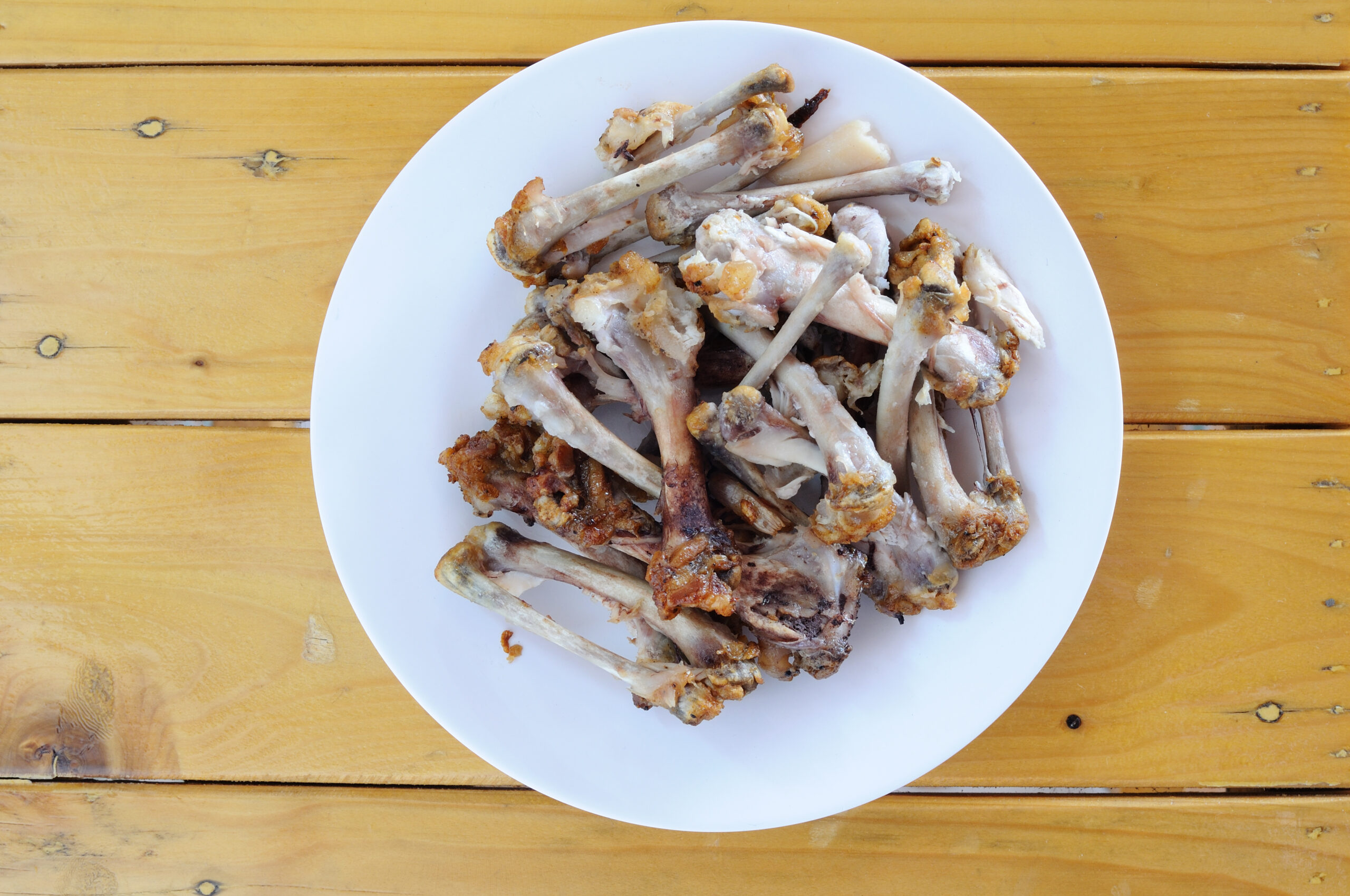
Cooked bones can splinter and cause blockages or tears in your pet’s digestive system. Raw bones are a safer option, but it’s best to consult with your veterinarian before giving any type of bone to your pet. Small or cooked bones can pose serious risks, so always prioritize your pet’s safety over their desire for a treat.
Yeast Dough
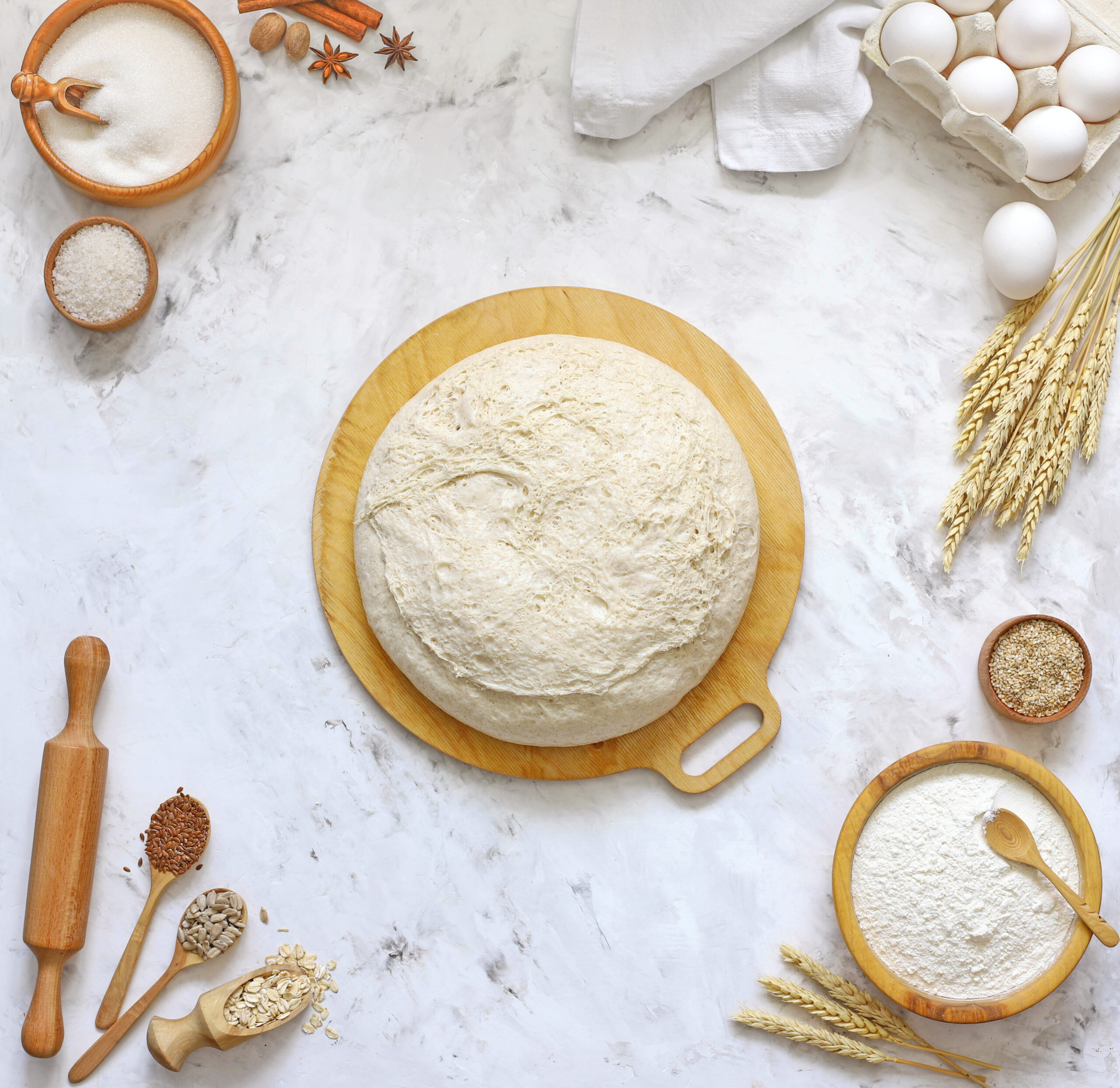
Raw yeast dough can expand in your pet’s stomach, causing bloating and potentially dangerous complications. Additionally, the fermentation process produces alcohol, which can lead to alcohol poisoning. Always keep raw dough out of reach and dispose of scraps carefully to prevent accidental ingestion.
Raw Meat and Fish
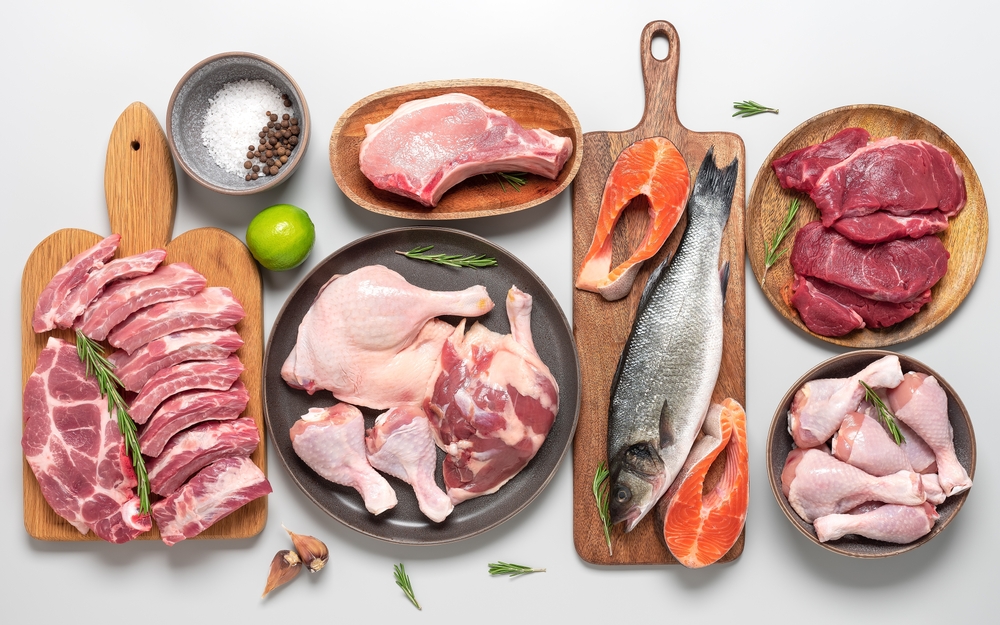
Raw meat and fish can contain harmful bacteria like Salmonella and E. coli, which can cause food poisoning in pets. Raw fish, particularly salmon, can also contain parasites that are harmful to dogs. If you choose to feed your pets a raw diet, consult your veterinarian to ensure it’s done safely and hygienically.
Salt and Salty Snacks
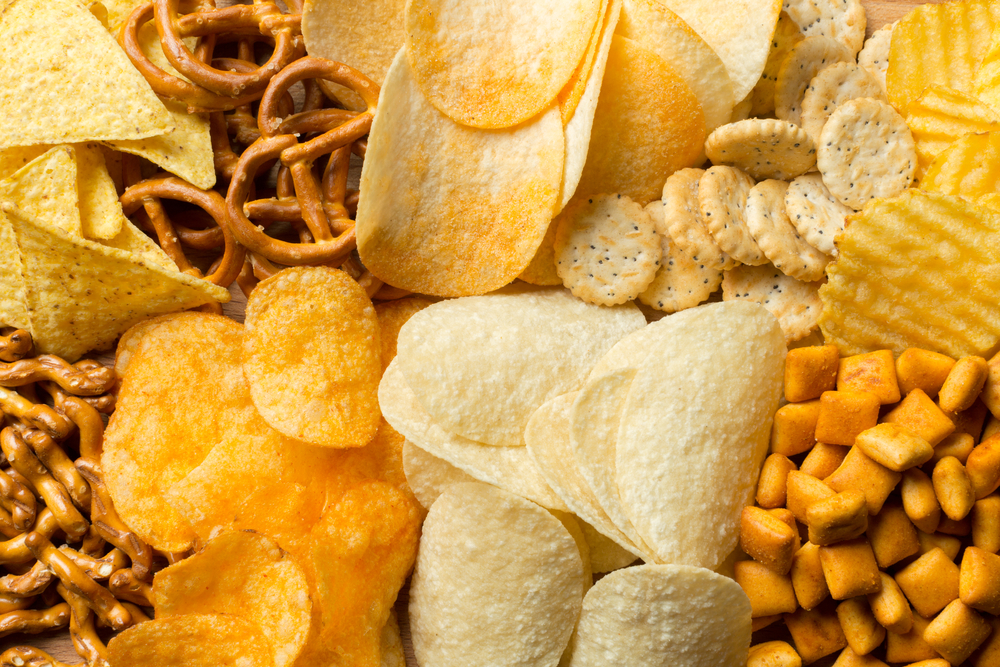
Too much salt can lead to excessive thirst and urination, and even sodium ion poisoning in pets. Symptoms include vomiting, diarrhea, tremors, high temperature, and seizures. Avoid giving your pets salty snacks like chips and pretzels, and be cautious of foods seasoned with salt.
Milk and Dairy Products
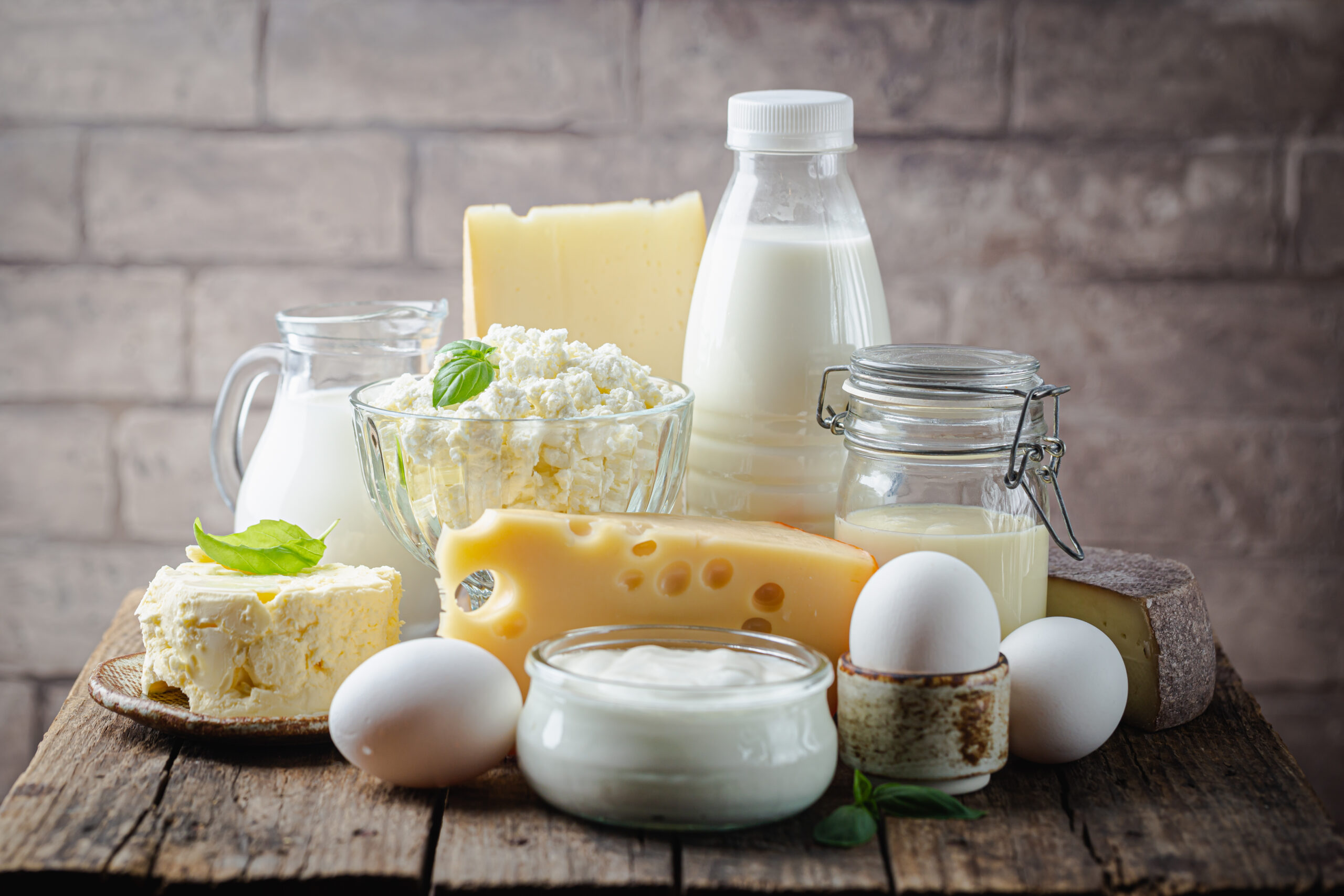
Many pets are lactose intolerant, and consuming milk and dairy products can lead to digestive upset, including diarrhea and stomach pain. It’s best to avoid giving your pets cheese, ice cream, and other dairy products. There are lactose-free pet-safe milk alternatives available if you want to treat your pet to a milk-like beverage.
Tomatoes and Tomato Plants
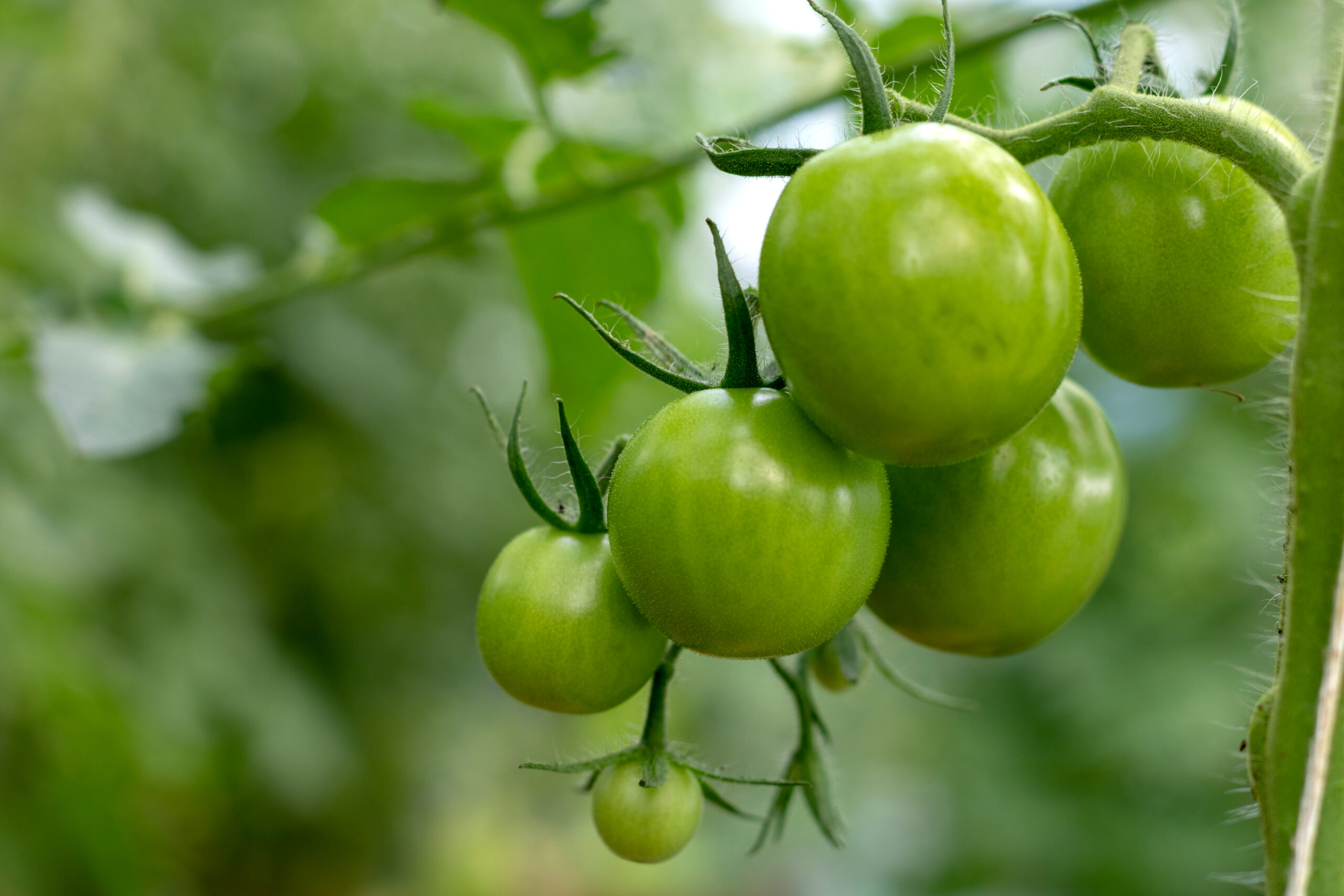
While ripe tomatoes are generally safe, the green parts of the plant contain solanine, which is toxic to pets. Symptoms of solanine poisoning include gastrointestinal upset, weakness, and confusion. It’s best to keep pets away from tomato plants and avoid feeding them unripe tomatoes.
Apple Seeds
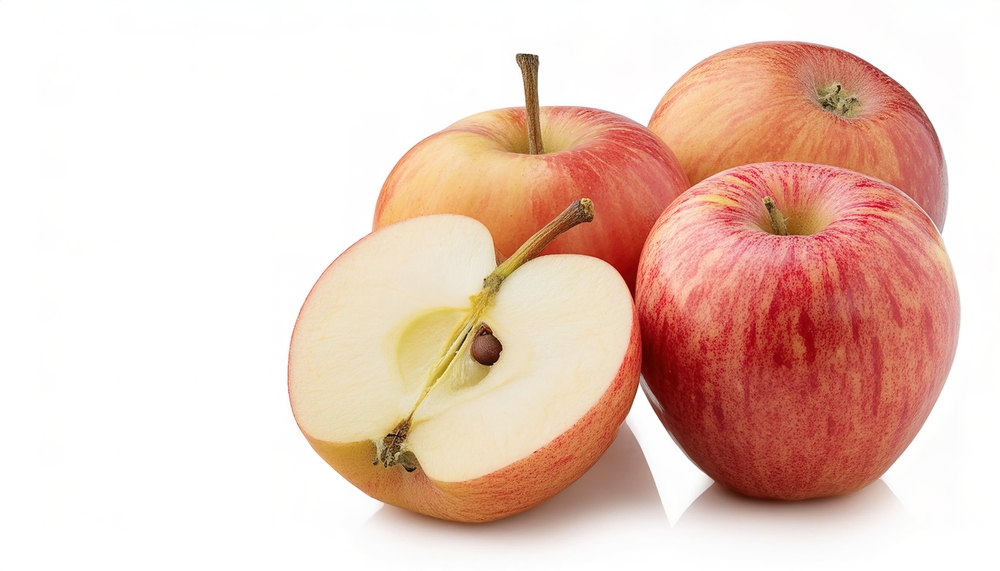
Apple seeds contain cyanogenic glycosides, which can release cyanide when digested. Cyanide interferes with cellular oxygen transport, and symptoms of poisoning include difficulty breathing, bright red gums, and shock. Remove seeds before offering apple slices to your pets to prevent accidental ingestion.
Mushrooms

While not all mushrooms are toxic, it’s difficult to distinguish between safe and harmful varieties. Toxic mushrooms can cause liver damage, kidney damage, and even death in pets. It’s best to avoid feeding your pets any type of mushroom and to be cautious during walks in wooded areas where wild mushrooms may grow.
Rhubarb and Rhubarb Leaves
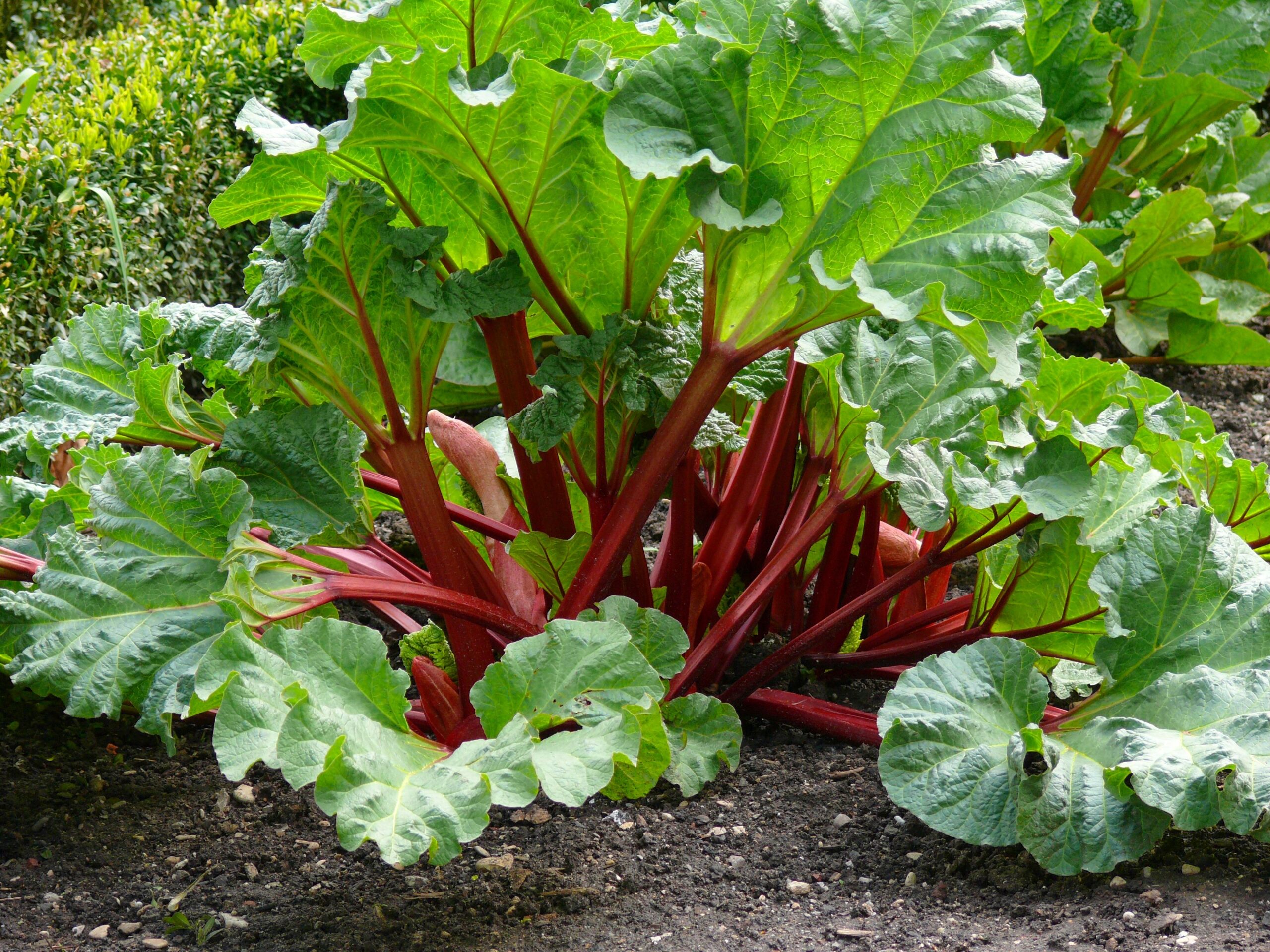
Rhubarb contains oxalates, which can cause kidney failure in pets. Symptoms of rhubarb poisoning include drooling, vomiting, diarrhea, and lethargy. Keep your pets away from rhubarb plants and avoid giving them any dishes containing rhubarb. Rhubarb is often found in desserts, so be cautious about where you store and serve such foods.
Cherries
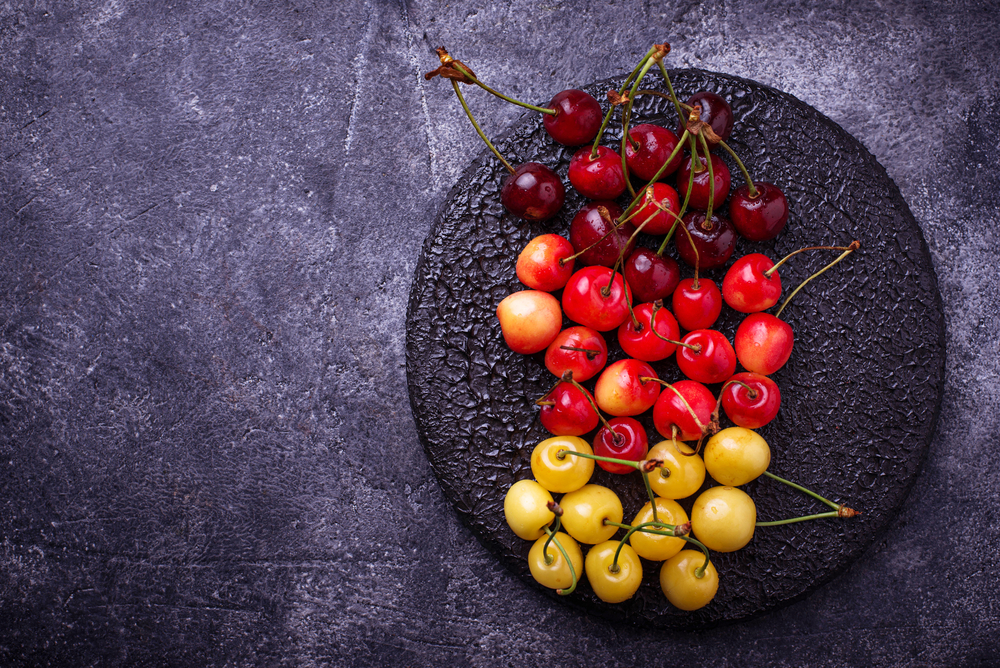
Cherry pits contain cyanide, which is toxic to pets. Additionally, the pits can cause blockages in the digestive tract. Symptoms of cyanide poisoning include difficulty breathing, bright red gums, and shock. Always remove pits before offering cherries to your pets or opt for safer fruit options like blueberries or strawberries.
This article originally appeared on RetailShout.
More From RetailShout
15 Best Trader Joe’s Fall Items You Need to Buy ASAP
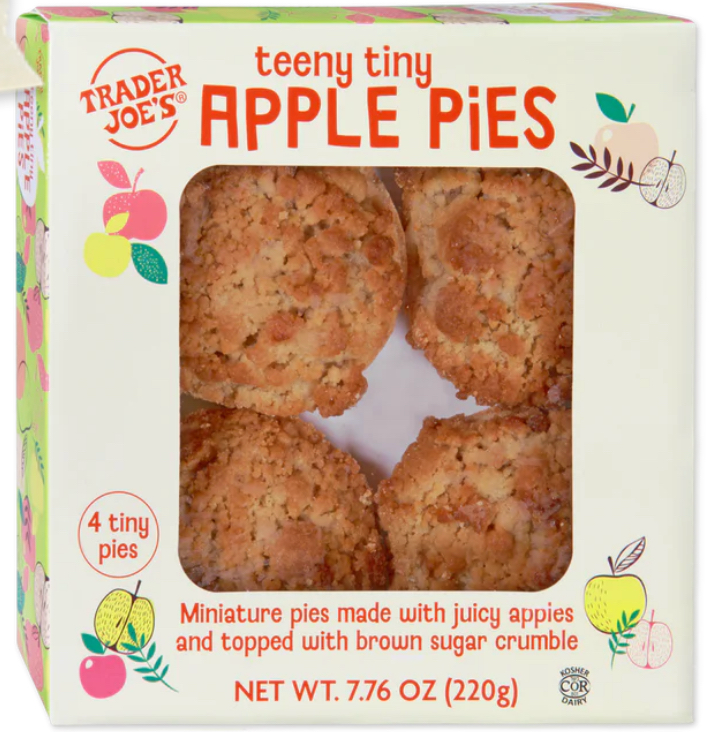
Fall is here, and so are Trader Joe’s must-have seasonal gems—so don’t sleep on these! If you’re looking to stock up on all things cozy, comforting, and pumpkin-spiced, now’s your chance. Read More.
12 Exclusive Dollar Tree Essentials Worth Grabbing
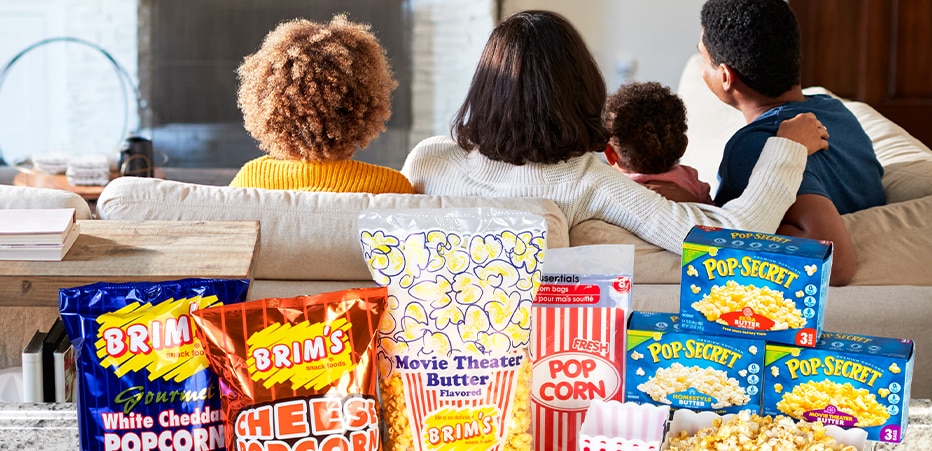
Have you ever stepped into Dollar Tree expecting their usual arrangement of budget-friendly goods, and then stumble into an unexpectedly delightful product? It’s in these moments you’ll realize that there are a lot of interesting discoveries at Dollar Tree that you will not find anywhere else. Read More.
15 Forgotten Superfoods from Around the World to Add to Your Meals
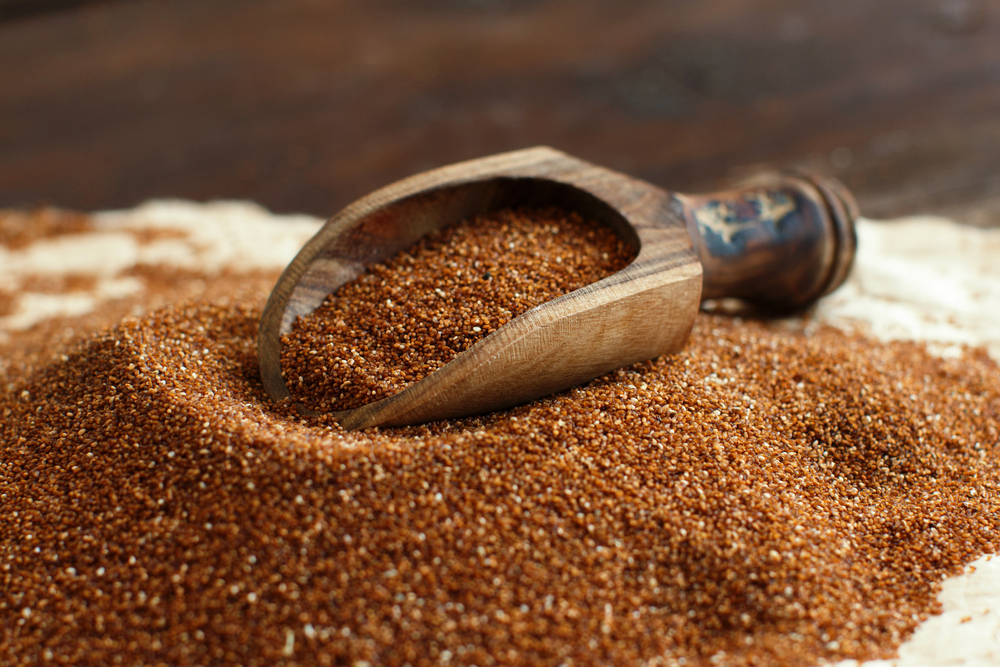
Many of the healthiest foods from the past have been left behind, even though they are packed with nutrition. These forgotten superfoods come from all corners of the globe and can boost the flavor and benefits of your meals. Read More.

